What are hormonal IUDs?
How do hormonal IUDs work?
Want to get a hormonal IUD? Find a Health Center →
IUD stands for Intrauterine Device — a birth control method that sits inside your uterus. A hormonal IUD is a small piece of flexible plastic shaped like a T. The hormonal IUD releases a tiny amount of the hormone progestin into your body over several years. Progestin is very similar to the hormone progesterone that our bodies make naturally.
The hormones in the IUD help prevent pregnancy, and can also help with painful or heavy periods while you’re using it.
Hormonal IUDs prevent pregnancy by keeping sperm cells away from your eggs. If sperm can’t make it to an egg, pregnancy can’t happen. The hormones in the IUD prevent pregnancy in two ways:
1) Hormonal IUDs make the mucus on your cervix thicker. This mucus blocks sperm so it can’t get to an egg.
2) The hormones in the IUD can also stop eggs from leaving your ovaries (called ovulation), which means there’s no egg for a sperm to fertilize. No egg = no pregnancy.
One of the awesome things about IUDs is that they last for years, but they’re not permanent. If you decide that you want to get pregnant, or if you just don’t want to have your IUD anymore, your nurse or doctor can take it out. After you get your IUD removed, your fertility goes back to what's normal for you.
What are the kinds of hormonal IUDs?
There are four brands of hormonal IUDs available in the U.S.: Mirena, Kyleena, Liletta, and Skyla. They all work the same and have the same kind of hormone in them. Different hormonal IUDs last for different lengths of time: the Mirena and Liletta IUDs work for up to 8 years. Kyleena works for up to 5 years. Skyla works for up to 3 years.
You don’t have to keep your IUD for that many years though — you can get your IUD taken out whenever you want. If your IUD is going to expire but you want to keep using an IUD, your nurse or doctor can replace it.
What are the benefits of a hormonal IUD?
In addition to preventing pregnancy, many people use hormonal IUDs to help with period problems. Hormonal IUDs can cut down on cramps and make your period way lighter. Some people stop getting their periods at all while they have the IUD. Hormonal IUDs can also help treat the symptoms of things like endometriosis and PCOS.
There are lots of other benefits to IUDs. They’re super convenient — once your IUD is in place, you don’t have to think about birth control for several years. IUDs are also one of the most effective methods of birth control you can get. They’re more than 99% effective at preventing pregnancy. And if you decide you want to get pregnant, you can get your IUD removed whenever you want and your fertility will go back to what’s normal for you right away.
What are the disadvantages of a hormonal IUD?
Some people have side effects like spotting, irregular periods, or cramping after getting a hormonal IUD. But this usually goes away within 3–6 months, once your body gets used to your IUD. Read more about side effects.
IUDs are one of the most effective and convenient ways to prevent pregnancy, but they don't protect you from sexually transmitted infections. So use condoms with your IUD every time you have sex to lower the chance of getting or spreading STDs.
What hormones are in the different hormonal IUDs?
All hormonal IUDs use the same hormone — progestin — to prevent pregnancy and help treat painful and heavy periods. Progestin is a safe, synthetic form of a hormone called progesterone that your body makes naturally.
Mirena hormones are the same as in all other hormonal IUDs — Mirena uses progestin to prevent pregnancy and make your periods lighter and less painful. Liletta, Kyleena, and Skyla also have progestin in them.
Some hormonal IUDs have a little bit more progestin than others. But the amount of hormones in an IUD only affects how long it lasts — it doesn’t change how well your IUD prevents pregnancy. All hormonal IUDs are more than 99% effective at preventing pregnancy.
Can IUDs be used as emergency contraception?
Yes! The Paragard, Mirena, and Liletta IUDs work super well as emergency contraception. If you get one of these IUDs put in within 120 hours (5 days) after unprotected sex, it’s more than 99% effective. It’s actually the most effective way to prevent pregnancy after sex.
Another great thing about using an IUD as emergency contraception: you can keep it and have really effective birth control that you can use for up to 8 to 12 years (depending on which kind you get). The other kind of emergency contraception is the morning-after pill. You can take it up to 5 days after unprotected sex to reduce the risk of pregnancy.

 Abstinence
Abstinence
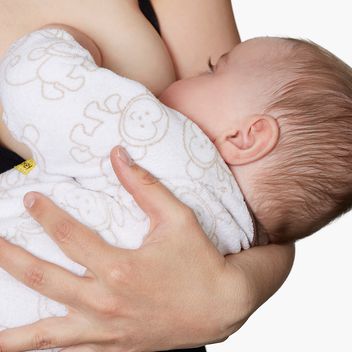 Breastfeeding
Breastfeeding
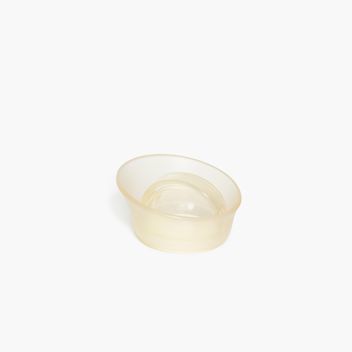 Cervical Cap
Cervical Cap
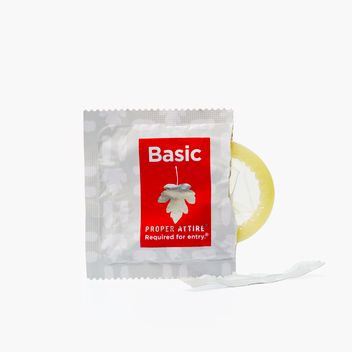 Condom
Condom
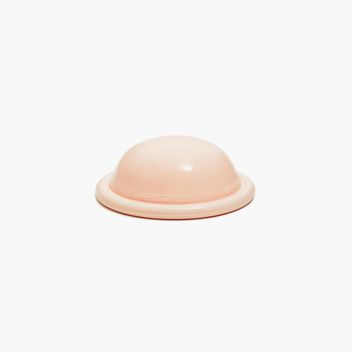 Diaphragm
Diaphragm
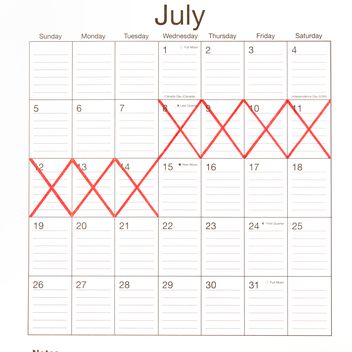 FAM
FAM
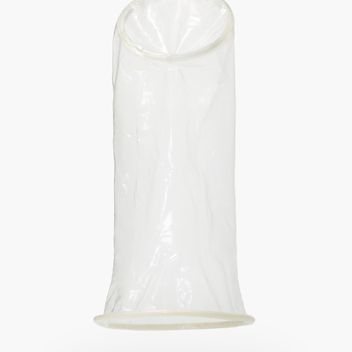 Female Condom
Female Condom
 Implant
Implant
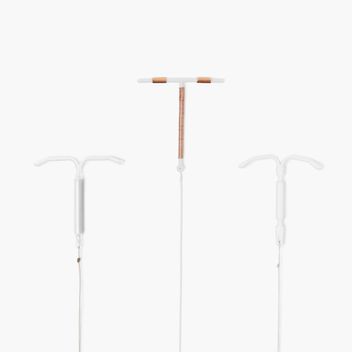 IUD
IUD
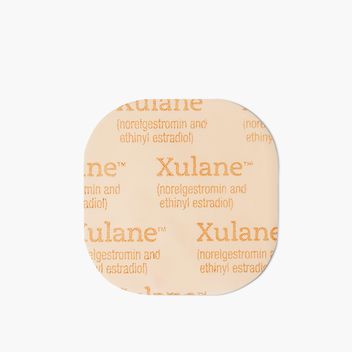 The Patch
The Patch
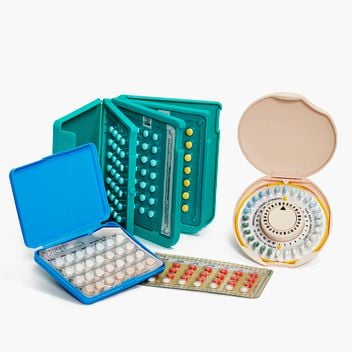 The Pill
The Pill
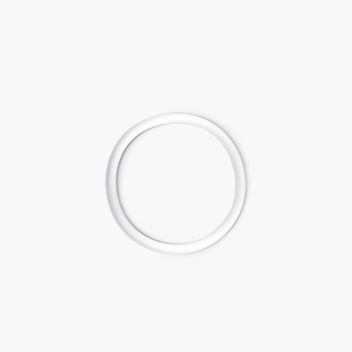 The Ring
The Ring
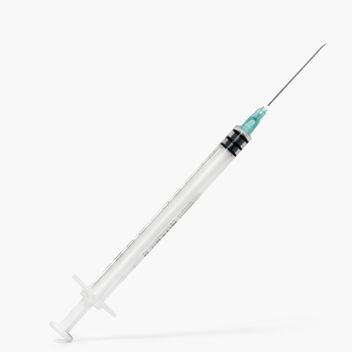 The Shot
The Shot
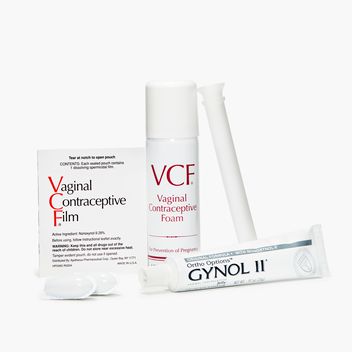 Spermicide
Spermicide
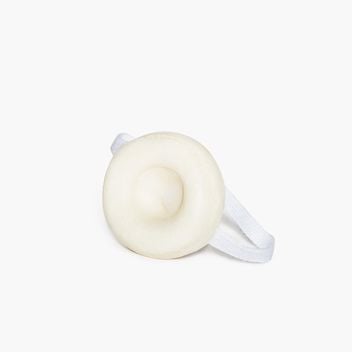 Sponge
Sponge
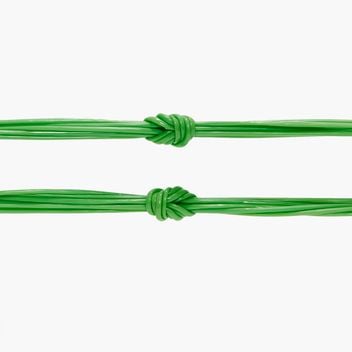 Sterilization
Sterilization
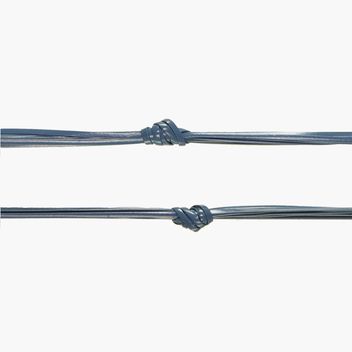 Vasectomy
Vasectomy
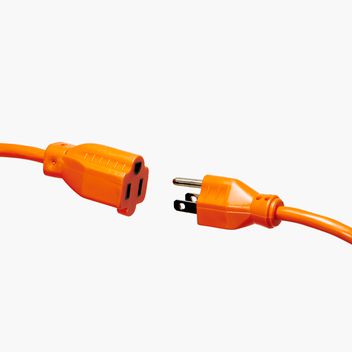 Withdrawal
Withdrawal